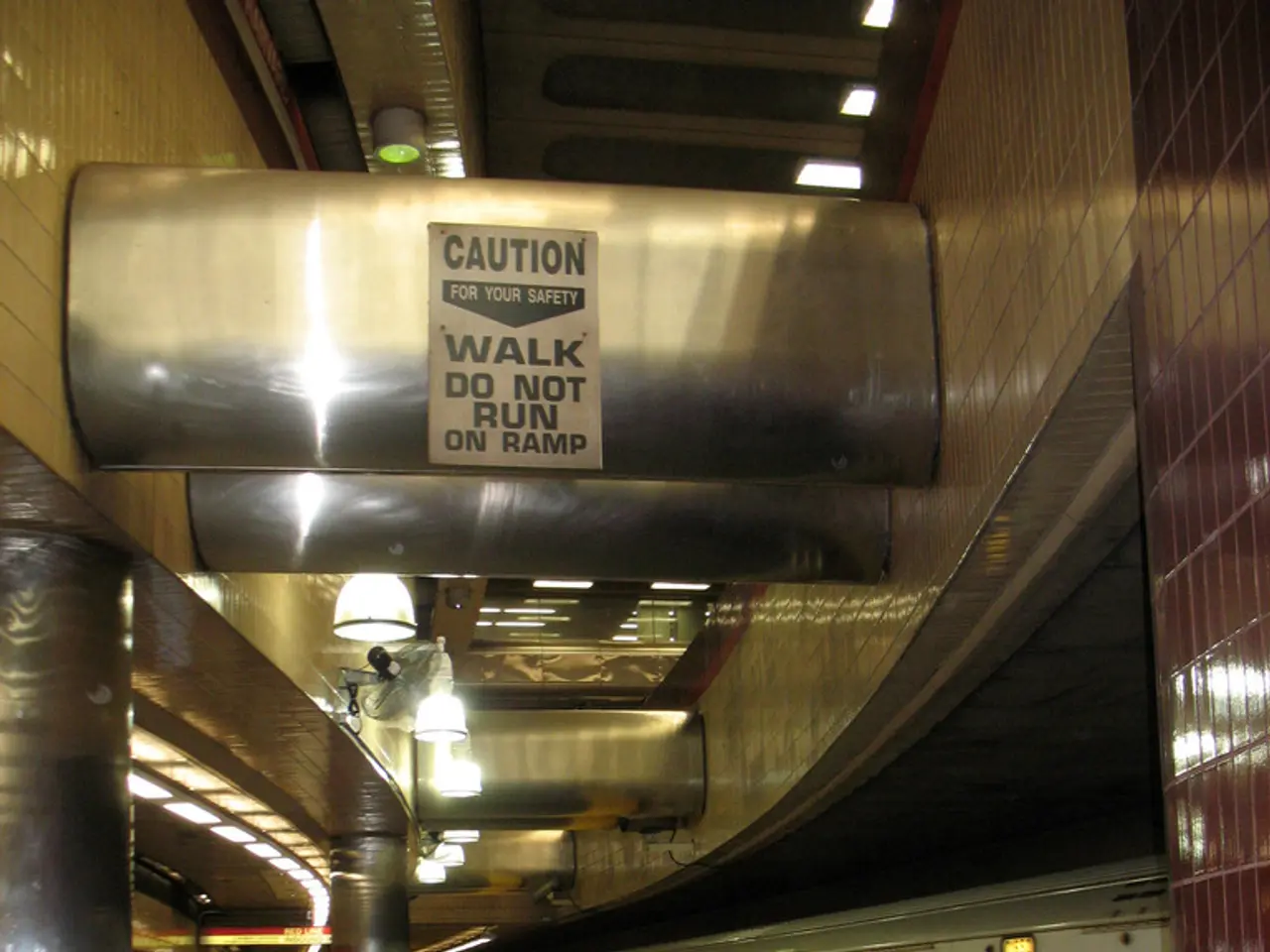Centre-right parties need a comeback, and the ten Cs might be the solution
Center-right political power is dwindling across Europe; strategies to rebuild it are discussed here.
Post-war European politics belonged to the centre-right, but those days are gone. The Conservatives, sandwiched between Labour and Reform, are gasping for political air. The temptation is to blame past mistakes - like Liz Truss's ill-fated mini-budget - but the real problem runs deeper. Centre-right parties across Europe are grappling with an identity crisis, and it's causing their relevance to dwindle.
Once upon a time, calling a party centre-right meant predicting electoral success. In the UK, from 1945 to 2000, only one Conservative leader failed to reach Number 10. Meanwhile, Germany's Christian Democratic Union (CDU) held the Chancellorship for 49 years, more than twice the time of its main rival, the centre-left Social Democratic Party (SPD).
But those days are long gone. In the UK, the Conservatives plummeted to fourth place in recent voter-intention polls. In Ireland, Fianna Fáil and Fine Gael, who've shared centre-right power since 1922, saw their joint vote share crash from nearly 70% in 2007 to just 43% in 2024. In Germany, the CDU only returned to power under Chancellor Friedrich Merz with just 29% of the popular vote – their second-worst result ever.
To regain the limelight, centre-right parties must rediscover a clear, compelling identity, argues a new report from Bright Blue and the Konrad Adenauer Foundation (KAS). However, in recent years, the centre-right's identity has become blurry. On economics, they struggle to differentiate themselves from the centre-left. And responding to populist challengers is proving difficult without seeming like a thinly-veiled imitation of their opponents.
The report suggests a framework of ten Cs around which a distinct identity can be built: a love for country, embrace of capitalism, a mindset of copiousness and abundance, a promise of competence, rewarding contribution, support for community, maintaining civility, encouraging care, protecting children, and conservation of the environment. If centre-right parties want another shot at political dominance, they must rediscover their identities before it's too late.
For too long, the only reason to vote for the centre-right has been to keep the other side out. It's high time they focused more on what they stand for rather than just what they stand against.
Joe Harrison is a researcher at Bright Blue.
Enrichment:
The ten Cs comprise a set of guiding principles rooted in the European centre-right's historical values, encompassing themes such as a Christian heritage, social cohesion, competence, and consistency. These elements aim to connect the centre-right's roots with modern political realities, providing a strategic roadmap for regaining electoral success and political relevance. It's a way to counter the drift toward secularized or populist alternatives and reaffirm the appeal of traditional centre-right politics.
Centre-right parties, confronted with an identity crisis, must rediscover a clear, compelling identity to regain political relevance, as suggested in a report by Bright Blue and the Konrad Adenauer Foundation. The report proposes a framework of ten Cs, including a love for country, embrace of capitalism, a mindset of copiousness and abundance, and a promise of competence, as a means to counter the drift toward secularized or populist alternatives and reaffirm the appeal of traditional centre-right politics.




